Back when I first started my sports journey, DMAA (1,3-Dimethylamylamine) was the talk of the town in pre-workouts.
But to everyone's surprise, the Food and Drug Administration flagged it as unsafe and pulled it off the shelves.
The pre-workout ban happened several years ago, but I still get asked questions about if DMAA is as bad as it seems.
I did some research, and here is what I found about the effects of DMAA, why it’s not on the market anymore, and what you can use as a DMAA pre-workout alternative.
Quick Summary
- DMAA pre-workout is a supplement that once contained DMAA, a popular ingredient banned by the FDA due to health concerns.
- DMAA, originally a nasal decongestant, became a sought-after component in pre-workouts for its energy-boosting properties but was later associated with side effects like increased blood pressure and cardiovascular issues.
- In April 2013, the FDA declared DMAA illegal in dietary products after linking it to adverse cardiovascular conditions.
- After researching and even trying DMAA myself, I believe it's best to choose safer pre-workout alternatives that provide similar benefits without the risks associated with DMAA.
What Is DMAA (1,3-Dimethylamylamine)?
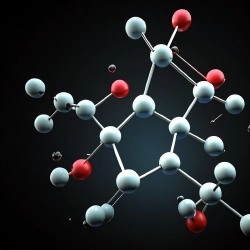
I remember when I first heard about DMAA. Originally used as a nasal decongestant, it quickly became the go-to ingredient in pre-workouts for that extra energy kick.
However, its side effects raised alarms, leading the FDA to issue warnings against its use in 2012.
They considered it a health risk to consumers and have actively been working to remove DMAA products [1].
Is DMAA Illegal?
DMAA pre-workouts became illegal to use in a dietary product in April 2013 [2].
The Food and Drug Administration (FDA) argued that DMAA led to an increase in blood pressure and cause other cardiovascular problems like shortness of breath or cause a heart attack.
The potential adverse effects of DMAA became a more significant health risk when combined with other stimulants.
Despite DMAA's illegality in these products, they're still found, often illegally marketed or produced abroad with different standards.
DMAA's legal status varies globally, being fully legal and over-the-counter in some places, while strictly banned in others due to health risks.
See our list of top cafeine-free pre-workout supplements.
What Does DMAA Pre-Workout Do To The Body?
DMAA, a powerful supplement, has its risks. Side effects vary from mild headaches to serious cardiovascular issues. Consult a healthcare professional before using DMAA.
The FDA notes potential side effects of DMAA-containing pre-workouts:
|
|
Watch the video below for more information on DMAA information:

Why Is DMAA In Pre-Workouts?
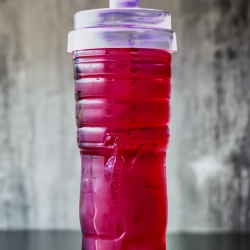
Back when DMAA was popular in sports circles as a "natural stimulant," I tried DMAA pre-workouts and experienced increased focus and energy.
It was also touted as a weight loss aid, with its ability to raise heart rate and blood pressure, potentially aiding in fat loss.
However, DMAA's similarity to other pre-workout ingredients led to issues. Reports of severe side effects emerged, and the FDA linked DMAA to dangerous cardiovascular effects, even fatalities [1].
Currently, commercial pre-workout supplements are already completely DMAA-free. They contain specific ingredients that are safe to consume as pump-inducing pre-workouts.
"Before marketing products containing DMAA, manufacturers and distributors have a responsibility under the law to provide evidence of the safety of their products. They haven’t done that, and that makes the products adulterated."
- Daniel Fabricant Director of FDA’s Dietary Supplement Program
What Are DMAA Alternatives?
After the DMAA ban, I started exploring safer pre-workout alternatives. Trust me, there are plenty out there that offer great benefits.
My advice is to always double-check those labels and maybe have a chat with your doctor before diving in. Let’s take a look at popular ingredients in available pre-workouts:
Caffeine
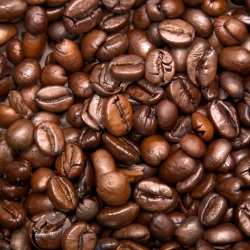
Caffeine is key in pre-workouts for energy and performance. Even though you might get your caffeine dosage from an espresso, you’ll get a much higher amount by opting for a pre-workout drink instead of coffee.
It enhances brain functions like memory, mood, and reaction times. For weight loss, caffeine boosts metabolism and fat burning, as shown in a study in the National Library of Medicine [3].
For those sensitive to caffeine, there are caffeine-free pre-workout alternatives.
Synephrine
Synephrine is in plants like bitter oranges. It has the potential to increase your metabolic rate and fat burning.
A National Library of Medicine study shows that the combination of caffeine and synephrine in pre-workouts allows higher chances of fat-burning even while at rest [4].
Theacrine
Theacrine is a stimulant that has recently gained popularity in DMAA pre-workout and fat burner supplements. The more potent version is known as “TeaCrine.”
Theacrine has limited studies supporting its health benefits, but so far, it’s been positive. Research from PubMed says it could help improve energy, focus, and motivation [5].
What Should I Look For In A DMAA Pre-Workout?
I have a few tips on what you should look for in a DMAA pre-workout. Here’s what I learned about protecting yourself from potentially harmful pre-workout supplements.
1. Always Investigate The DMAA Pre-Workout Ingredient List

When researching pre-workouts, I first scrutinize the ingredient list, deciphering even the most complex names.
I also look for artificial ingredients, particularly avoiding artificial sweeteners and dyes, common in DMAA pre-workouts.
Lastly, I check for filler ingredients, often marketed as 'magic' extracts but typically ineffective for the body.
2. Avoid Proprietary DMAA Pre-Workout Blends
Regulation on formula transparency is limited. Proprietary blends don't reveal exact ingredient amounts, leaving doubts about correct dosages.
Even with high-quality ingredients, a DMAA pre-workout's effectiveness hinges on proper dosing. I steer clear of brands using proprietary blends due to this opacity.
3. Check The Pre-Workout Dosage
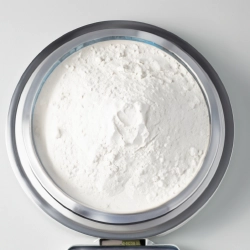
Top DMAA-Free Pre-Workout Options:
FAQ
Will DMAA Pre-workout Products Fail A Drug Test?
DMAA pre-workout products could cause you to fail a drug test. Research shows that DMAA pre-workouts could lead to false positives for amphetamines.
What Ingredients Are Found In DMAA Pre-Workout Supplements?
References:
- https://www.fda.gov/food/dietary-supplement-ingredient-directory/dmaa-products-marketed-dietary-supplements
- https://www.opss.org/article/dmaa-prohibited-stimulant
- https://www.ncbi.nlm.nih.gov/pubmed/7369170
- https://www.ncbi.nlm.nih.gov/pubmed/21448304
- https://pubmed.ncbi.nlm.nih.gov/27164220/
About The Author
You May Also Like
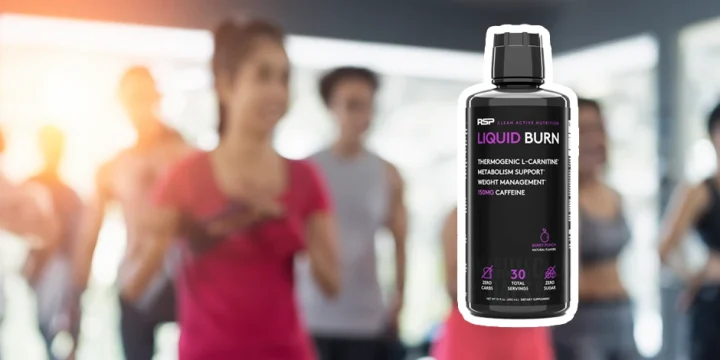
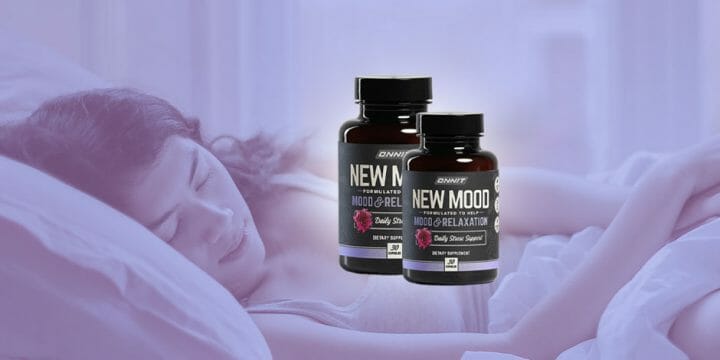

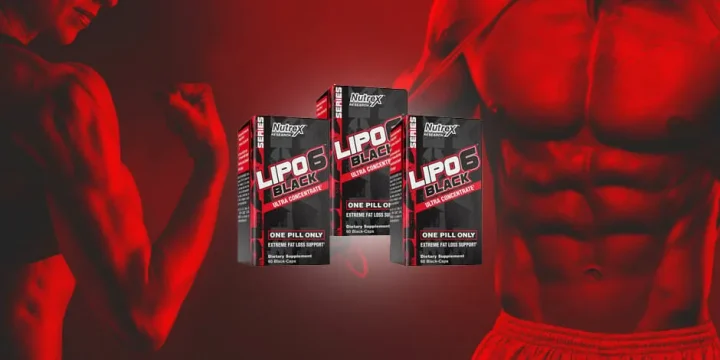
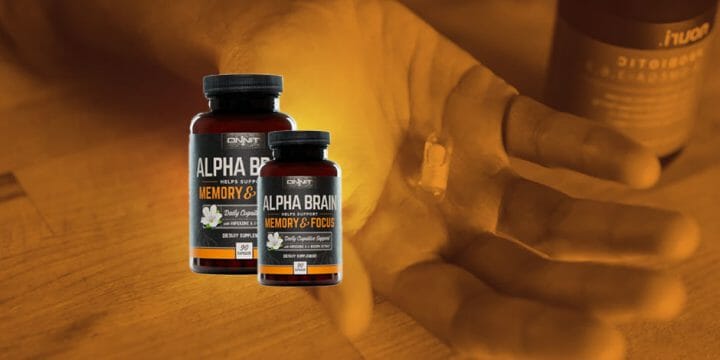


There are a lot of best DMAA pre-workout articles out there. Glad that I found this article and warned about its safety.
Is DMAA banned officially?